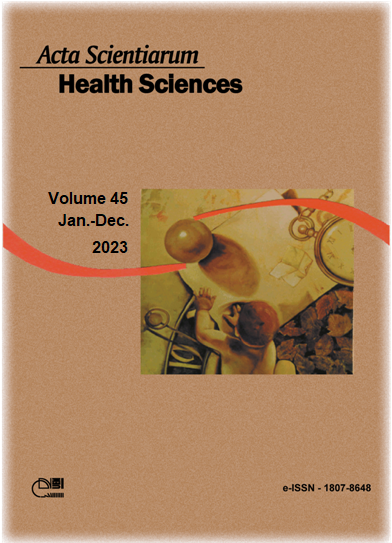Comparison of laboratory methods for diagnosis of human visceral leishmaniasis in the Center-West Region of São Paulo State, Brazil
Abstract
Visceral leishmaniasis (VL) is a neglected disease and represents an important public health problem. The present study aimed to compare the conventional laboratory methods with the molecular method for VL diagnosis in human blood samples. Direct parasitological test of bone marrow aspirate (direct parasitological test), rapid immunochromatographic test (RIT), indirect immunofluorescent antibody test (IFAT) and polymerase chain reaction (PCR) were used to evaluate 26 human samples with clinical suspicion of VL. The positivity rates obtained for direct parasitological test, RIT, IFAT and PCR were 80.8%, 80.8%, 73.1% and 84.6%, respectively. PCR had greater positivity and agreement with the other methodologies. Therefore, the use of PCR in the diagnostic routine should be encouraged to complement the serological results.
Downloads
DECLARATION OF ORIGINALITY AND COPYRIGHTS
I Declare that current article is original and has not been submitted for publication, in part or in whole, to any other national or international journal.
The copyrights belong exclusively to the authors. Published content is licensed under Creative Commons Attribution 4.0 (CC BY 4.0) guidelines, which allows sharing (copy and distribution of the material in any medium or format) and adaptation (remix, transform, and build upon the material) for any purpose, even commercially, under the terms of attribution.
Read this link for further information on how to use CC BY 4.0 properly.
























5.png)







